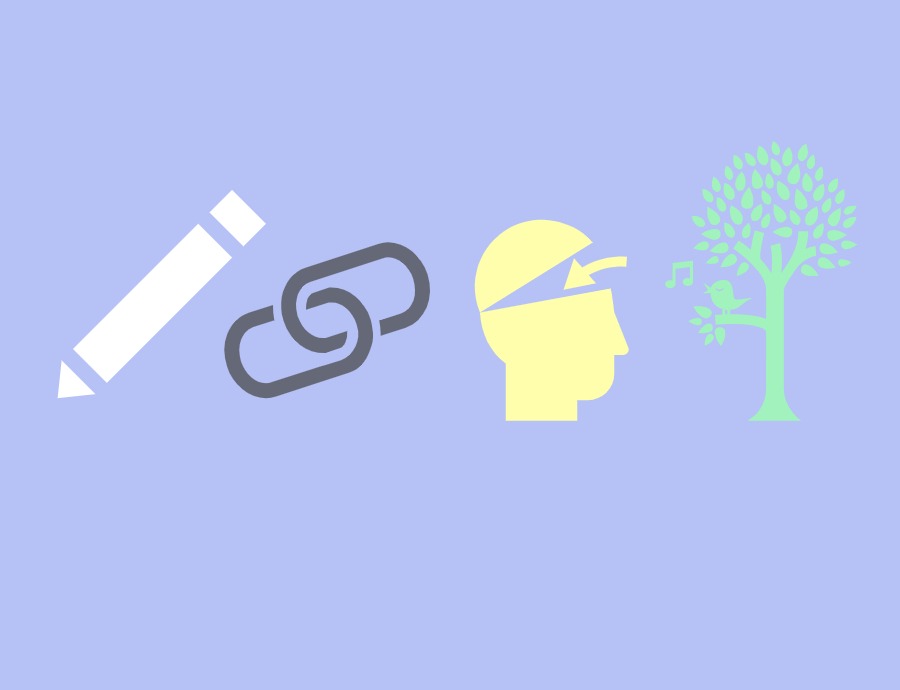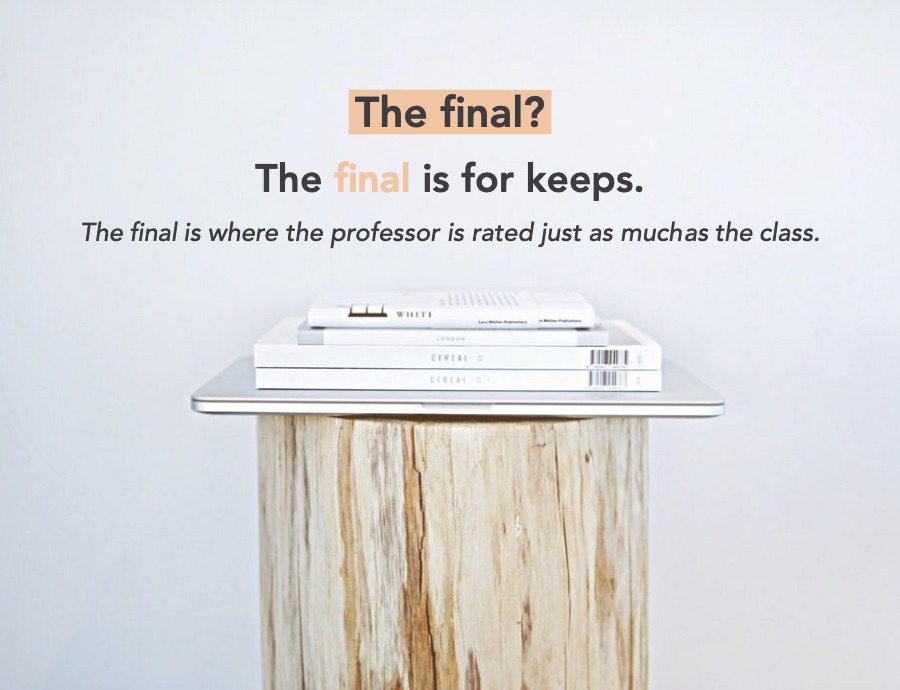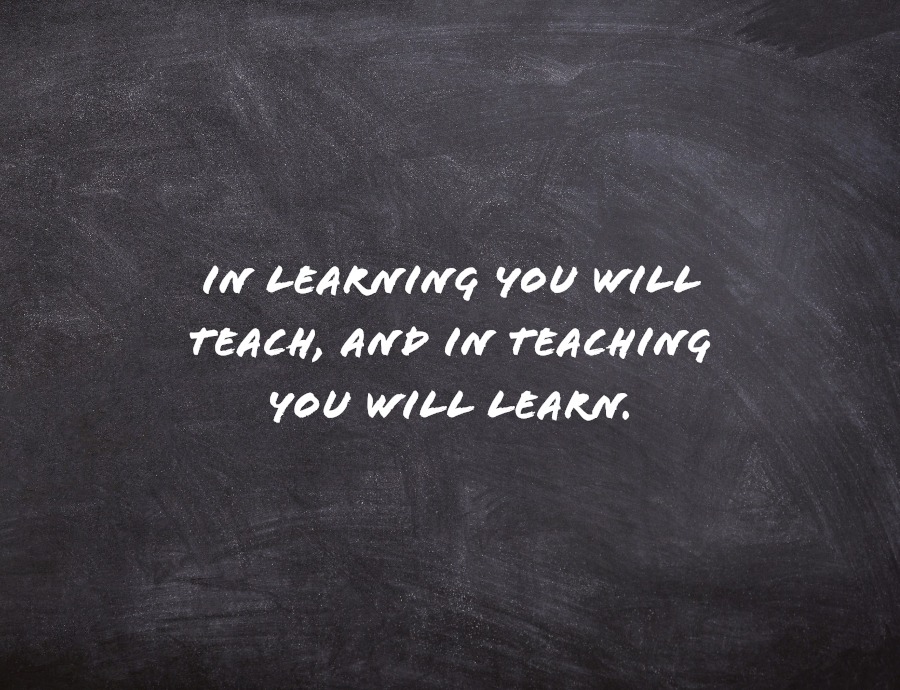You only have a limited amount of time. You only have a limited number of practice questions. If you want to prepare for the exam then those are both important resources. And there’s a cunning way to save both which also improves your ability to think about everything.
Doing a practice question can take a while: reading it, understanding it, drawing any images you need, trying out the equations, working out the solution. And then you want to throw all that time away by moving on to the next question and repeating that setup all over again?
Instead you can turbo-charge the work you’ve already done to extract even more benefit. Before moving on to the next problem look at the one you’ve just solved and ask yourself “What if?” What if this number was larger? What if that component wasn’t there? What if it was on a slope instead of a plane, or if you increased the concentration of that chemical? You don’t even need to write out the solution to suddenly expand your understanding of the problem. Though writing it out is even better practice. The exam isn’t going to scan your thoughts and say “You’re so brilliant we’re going to give you marks without even writing things down!”
This turbo-charging technique doubles or even triples the effectiveness of every question, and makes for much more powerful practice. You’re effectively doing more questions in the same amount of time, and much more importantly you’re looking at the material and asking yourself what else they could ask in this situation. You’re starting to think like the examiner. And that’s the most useful way anyone could think while preparing for the exam!
It also hugely increases the amount of revision you’re doing with only a minor increase in the amount of effort per question. Remember that you’re not sitting there to get these ten questions finished. You’re doing those ten questions to get better at the subject, so any extra work is always a good idea. Especially when it gives you insights into the exam as a structure you can decode and use to improve your understanding, not just a final cliff to climb.
The exam isn’t your destination. It’s the barrier you must ascend to get to a whole new plateau, somewhere you’ll be doing this kind of work all the time. So don’t throw away your work as soon as you’ve finished the homework assignment. Study it to upgrade yourself and become better at everything, including exams.
Doing a practice question can take a while: reading it, understanding it, drawing any images you need, trying out the equations, working out the solution. And then you want to throw all that time away by moving on to the next question and repeating that setup all over again?
Instead you can turbo-charge the work you’ve already done to extract even more benefit. Before moving on to the next problem look at the one you’ve just solved and ask yourself “What if?” What if this number was larger? What if that component wasn’t there? What if it was on a slope instead of a plane, or if you increased the concentration of that chemical? You don’t even need to write out the solution to suddenly expand your understanding of the problem. Though writing it out is even better practice. The exam isn’t going to scan your thoughts and say “You’re so brilliant we’re going to give you marks without even writing things down!”
You’re starting to think like the examiner. And that’s the most useful way anyone can think while preparing for the exam.
This turbo-charging technique doubles or even triples the effectiveness of every question, and makes for much more powerful practice. You’re effectively doing more questions in the same amount of time, and much more importantly you’re looking at the material and asking yourself what else they could ask in this situation. You’re starting to think like the examiner. And that’s the most useful way anyone could think while preparing for the exam!
It also hugely increases the amount of revision you’re doing with only a minor increase in the amount of effort per question. Remember that you’re not sitting there to get these ten questions finished. You’re doing those ten questions to get better at the subject, so any extra work is always a good idea. Especially when it gives you insights into the exam as a structure you can decode and use to improve your understanding, not just a final cliff to climb.
The exam isn’t your destination. It’s the barrier you must ascend to get to a whole new plateau, somewhere you’ll be doing this kind of work all the time. So don’t throw away your work as soon as you’ve finished the homework assignment. Study it to upgrade yourself and become better at everything, including exams.








